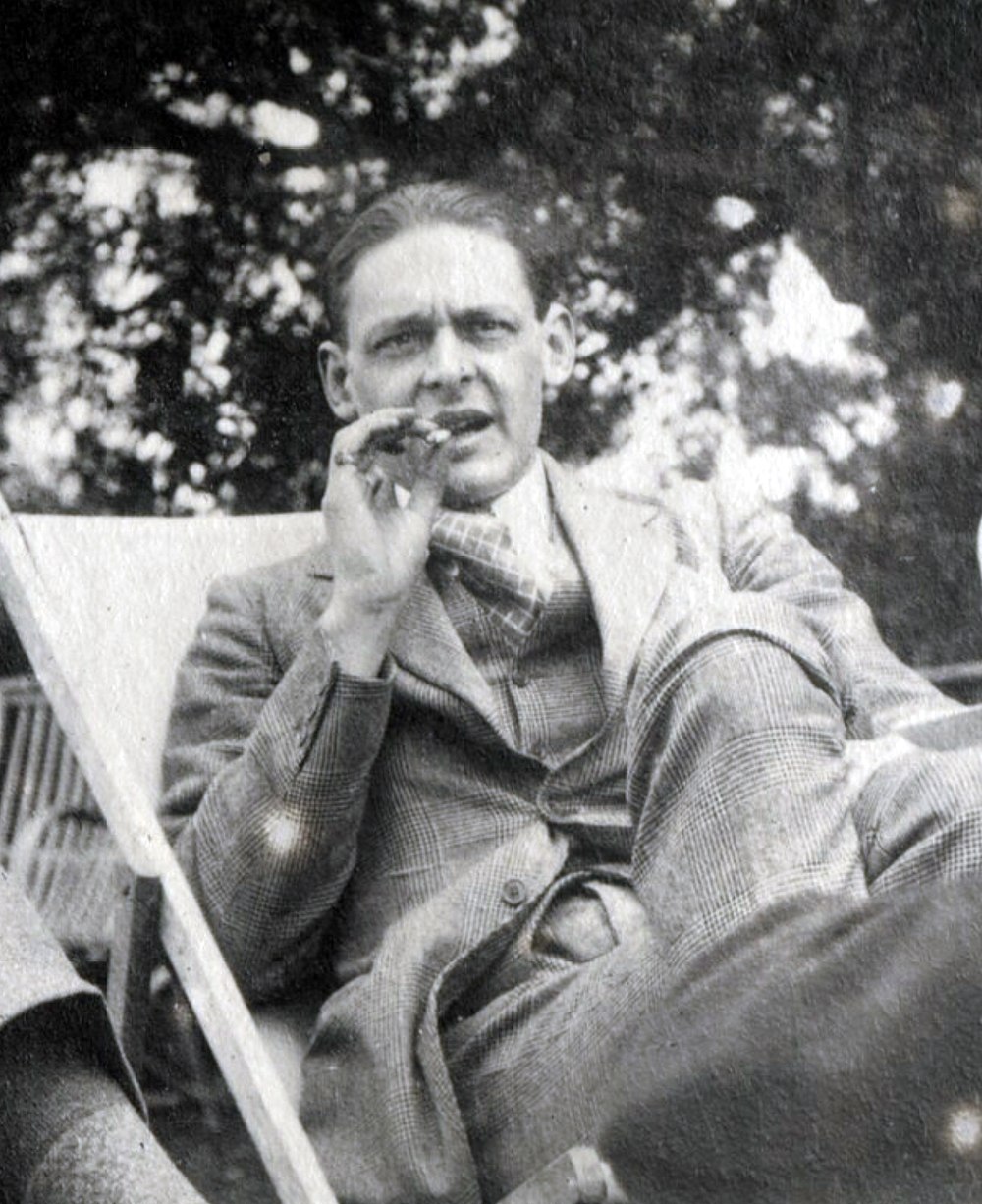Julia_98 reviewed The Hollow Men by T. S. Eliot
Whispers of Emptiness – My Encounter with Eliot’s The Hollow Men
4 stars
Reading T. S. Eliot’s The Hollow Men felt like walking through a wasteland of whispers, where every word was a fragment of despair. The poem struck me immediately with its stark portrayal of spiritual emptiness, a vision of humanity drained of conviction, drifting in a liminal space between life and death.
What moved me most was the repetition of voices that seem almost prayer-like, but hollow, stripped of faith. I felt as though I were listening to a chorus of lost souls, murmuring without hope of redemption. Eliot’s images—the dry land, the fading stars, the scarecrow figures—gave me a physical sense of desolation. Each line carried the weight of an exhausted century, scarred by war and spiritual collapse.
The ending, with its famous “not with a bang but a whimper,” left me stunned. I had expected perhaps a burst of resolution, but instead Eliot offered silence, anticlimax, a …
Reading T. S. Eliot’s The Hollow Men felt like walking through a wasteland of whispers, where every word was a fragment of despair. The poem struck me immediately with its stark portrayal of spiritual emptiness, a vision of humanity drained of conviction, drifting in a liminal space between life and death.
What moved me most was the repetition of voices that seem almost prayer-like, but hollow, stripped of faith. I felt as though I were listening to a chorus of lost souls, murmuring without hope of redemption. Eliot’s images—the dry land, the fading stars, the scarecrow figures—gave me a physical sense of desolation. Each line carried the weight of an exhausted century, scarred by war and spiritual collapse.
The ending, with its famous “not with a bang but a whimper,” left me stunned. I had expected perhaps a burst of resolution, but instead Eliot offered silence, anticlimax, a whimper that echoed in me long after I closed the book.
For me, The Hollow Men is not just poetry; it is a mirror held up to our frailty, a reminder of how close we often live to the edge of meaninglessness. It unsettled me—and yet I needed that unease.

